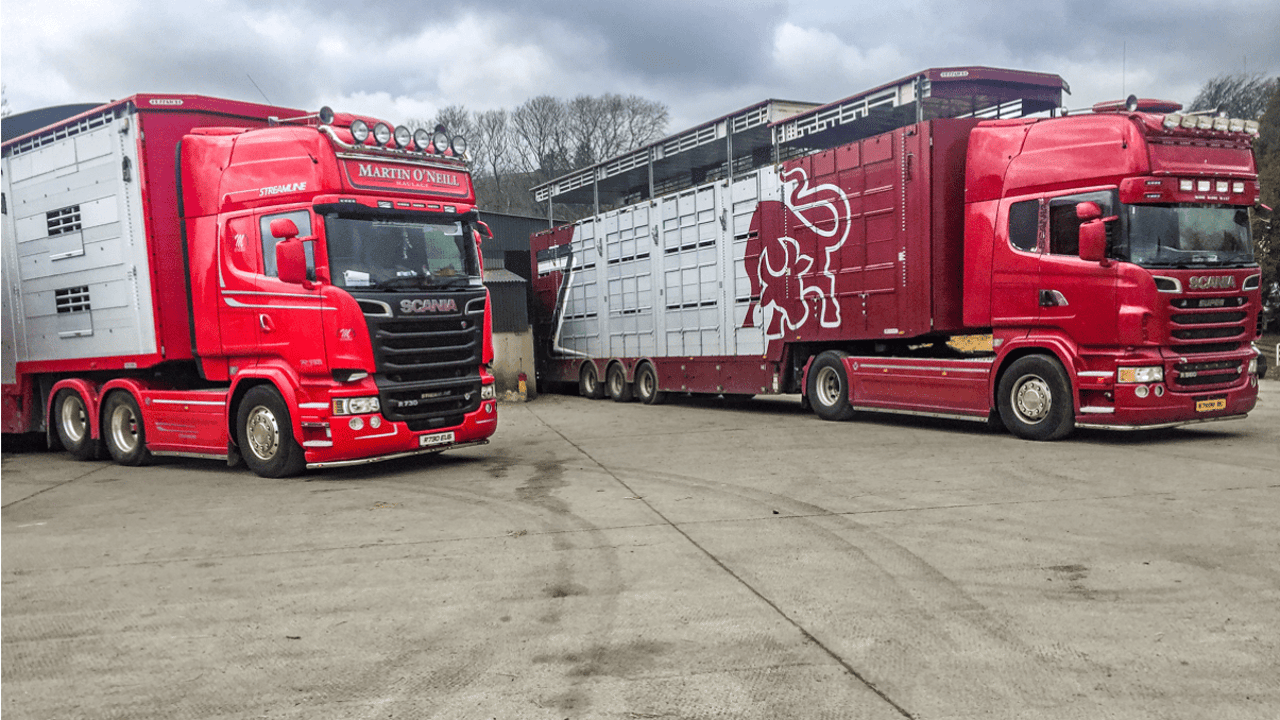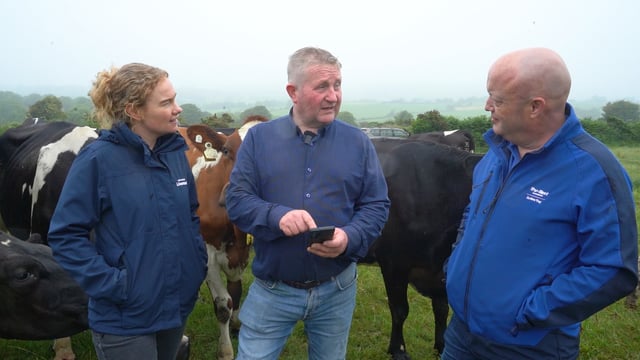Copa-Cogeca: Animal transport must be species specific
The requirements for the transportation of animals must be species specific and based on science, according to Copa-Cogeca.
The representative body for farmers and cooperatives in Europe made the statement following a decision by MEPs to reject stricter proposals to change animal transport legislation.
The vote came in the wake of recommendations tabled by the EU Committee of Inquiry on the Protection of Animals during Transport (ANIT).
Following the vote, Copa-Cogeca stated that "any revision of legislation must protect animals, be backed by science and become easier to implement".
The group said this was especially important in terms of the potential socio-economic impact on farmers and cooperatives.
The representative body said that only animals suitable for movement should be transported and sick or injured animals should be taken care of as soon as possible.
Copa-Cogeca outlined that it supported the principle of species-tailored transport timing, which is based on the principle of “as little as possible, as much as necessary”.
It said that scientific research and practical experience have shown that the quality of transport and fitness to travel should be the main priorities.
Chair of the Copa-Cogeca animal welfare working party, Miguel Angel Higuera said: “When discussing the limitation or even a ban on transport of certain categories of animals, for instance unweaned or gestating animals, we cannot support that a specific age or time for transport is set before a thorough scientific and socio-economic impact is performed."
Higuera said that he hoped that the European Commission would take the body's concerns into account if there is a revision of animal welfare legislation in the coming months.
"In this context, the Commission should ask the European Food Safey Authority (EFSA) to look into science-based adjustments as a way to improve the quality for transport, rather than focusing only on reducing the length of the journey,” he concluded.





